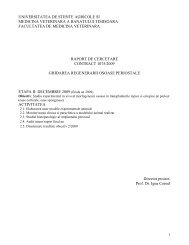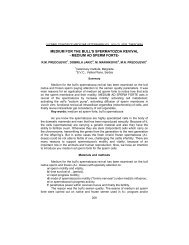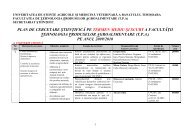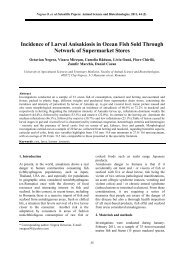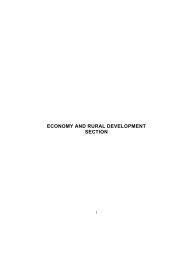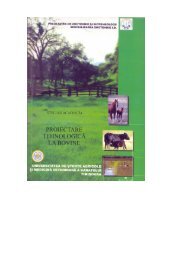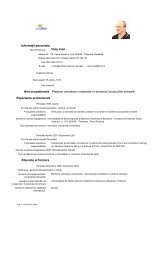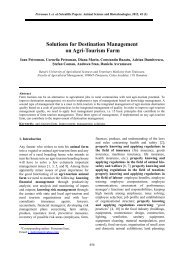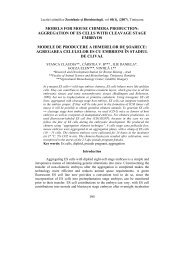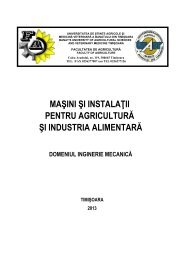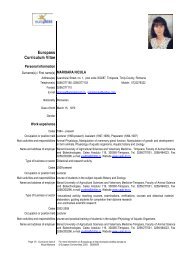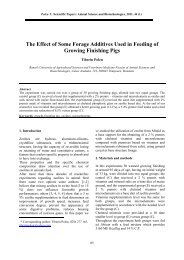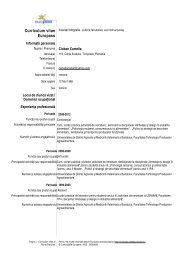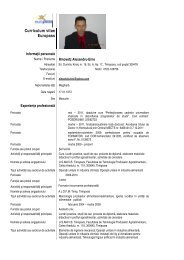journal of linguistic studies
journal of linguistic studies
journal of linguistic studies
You also want an ePaper? Increase the reach of your titles
YUMPU automatically turns print PDFs into web optimized ePapers that Google loves.
egularities in the organisation <strong>of</strong> various communicative events (Bhatia 1993). Genre<br />
analysis, as the last phase in the history <strong>of</strong> ESP (Lakić 1999), has overcome these<br />
disadvantages <strong>of</strong> discourse analysis.<br />
1.2. GENRE ANALYSIS<br />
Genre analysis can be defined as a study <strong>of</strong> language used in appropriate settings<br />
(Swales 1990) or “the study <strong>of</strong> situated <strong>linguistic</strong> behaviour in institutionalised academic<br />
or pr<strong>of</strong>essional settings” (Bhatia 2004). Therefore, it analyses various discourse types<br />
used in appropriate surroundings, having suitable structure and different communicative<br />
functions. We have approached the analysis <strong>of</strong> the rhetorical structure <strong>of</strong> abstracts in<br />
political science from the genre analysis perspective for the reason that it has enabled us<br />
to determine the rhetorical organisation <strong>of</strong> abstracts, as a type <strong>of</strong> academic discourse.<br />
Having in mind the fact that the research article abstract (henceforth RA abstract/s) is a<br />
structural and institutional genre, this approach has shown as an adequate, especially<br />
when it is taken into account that genre analysis focuses on “analysing and describing<br />
textual patterns <strong>of</strong> different genres” (Chen 2008). Regarding that the genre analysis<br />
emphasises the crucial importance <strong>of</strong> rhetorical text structure, this discipline has begun to<br />
“influence how writing is taught by providing models <strong>of</strong> different communicative<br />
activities” (Hyland 1992). This is the additional driving force for having chosen genre<br />
analysis as the main methodological approach to our research.<br />
1.3. PURPOSE OF THE RESEARCH<br />
The aim <strong>of</strong> this paper is to describe the structure <strong>of</strong> RA abstracts in the discipline <strong>of</strong><br />
political science. Having regard to the fact that the object <strong>of</strong> our research is the abstracts<br />
chosen from three fields <strong>of</strong> political science: social, election and foreign policy, the<br />
additional aim is to determine whether there are certain structural variations in the<br />
analysed abstracts in the mentioned fields. As it has been mentioned above, the analysis is<br />
methodologically motivated. The analysis is focused on the exploration <strong>of</strong> the connection<br />
between the rhetorical abstracts organisation and its distinctive <strong>linguistic</strong> features as well.<br />
As it has been mentioned above, the analysis is methodologically motivated.<br />
2.1. CORPUS<br />
2. MATERIALS AND METHODS<br />
The paper is based on the analysis <strong>of</strong> 48 RA abstracts in English written by academic<br />
writers in three fields <strong>of</strong> political science: social, election and foreign policy. The corpus<br />
has been used from six prominent British <strong>journal</strong>s:<br />
- Journal <strong>of</strong> Social Policy (Cambridge University Press – UK) and Global Social<br />
Policy (Sage publications – UK) (16 abstracts in the field <strong>of</strong> social policy have<br />
been taken from these <strong>journal</strong>s);<br />
- Political Analysis (Oxford University Press - UK) and Publius: The Journal <strong>of</strong><br />
Federalism (Oxford University Press - UK) (16 abstracts in the field <strong>of</strong> election<br />
policy have been taken from the listed <strong>journal</strong>s);<br />
80



